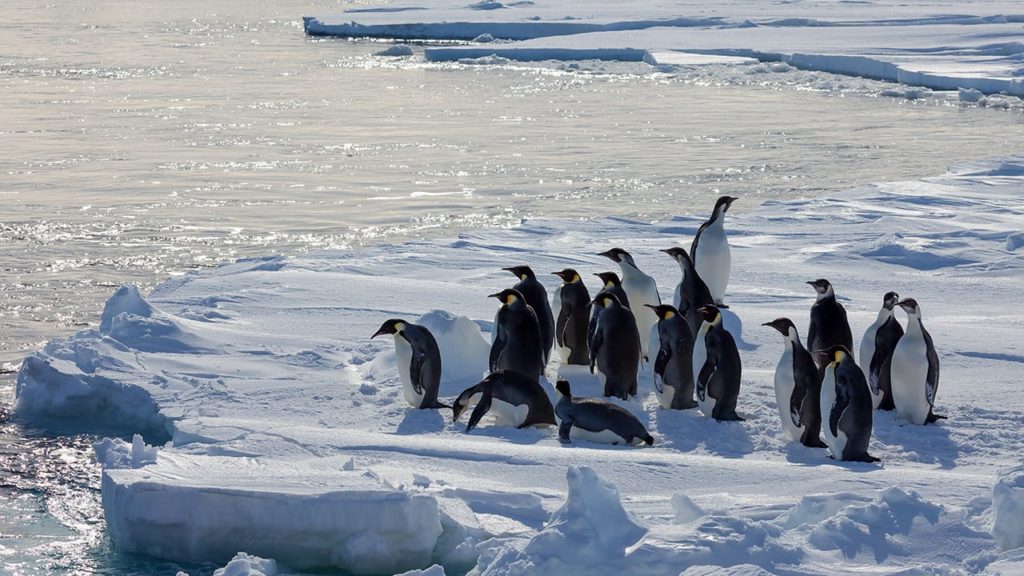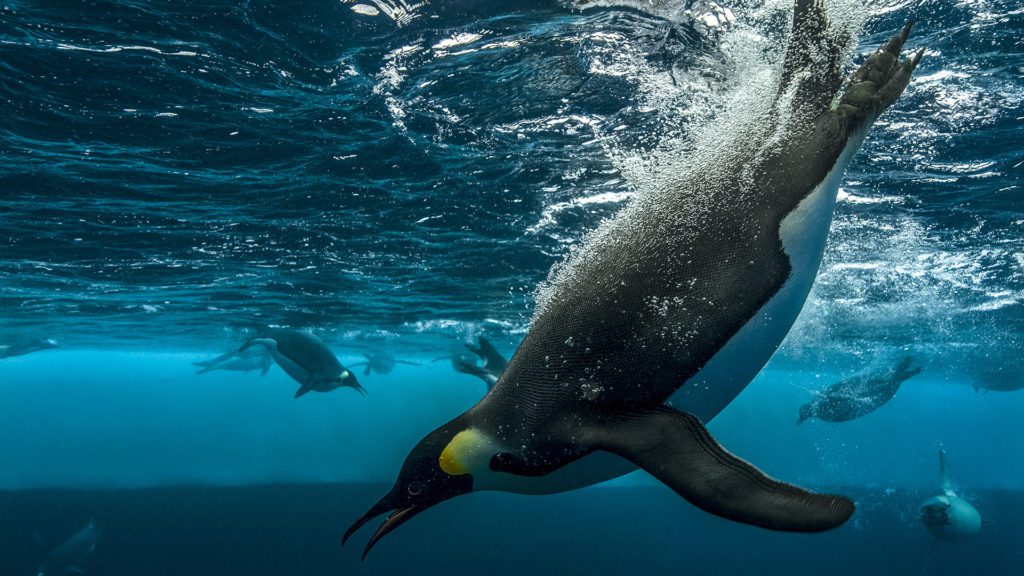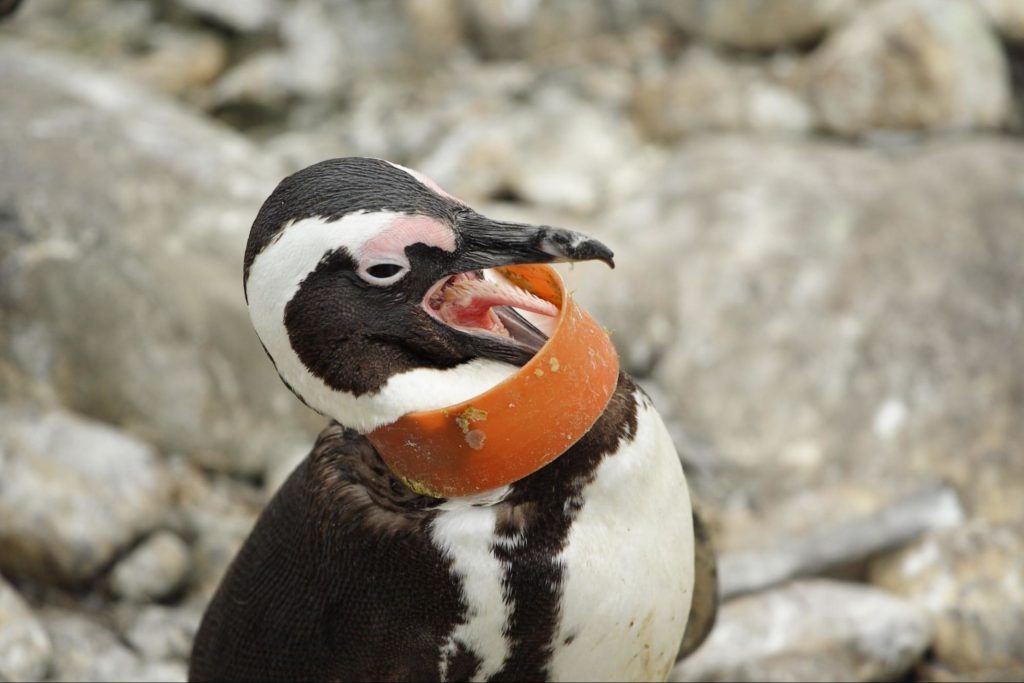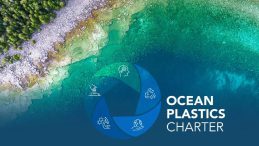 sciencefocus.com
April 25th, also known to us as World Penguin Day, is a big day in the penguin calendar as it coincides with the annual northern migration of Adelie penguins. World Penguin Day is a day to recognize and raise awareness about these incredible flightless birds. Whilst Canada isn’t home to any penguins, unfortunately our actions still affect these beautiful creatures. There are 18 of species, of which 11 are deemed endangered by the International Union for Conservation of Nature (ICUN) and 3 are considered near threatened.
sciencefocus.com
April 25th, also known to us as World Penguin Day, is a big day in the penguin calendar as it coincides with the annual northern migration of Adelie penguins. World Penguin Day is a day to recognize and raise awareness about these incredible flightless birds. Whilst Canada isn’t home to any penguins, unfortunately our actions still affect these beautiful creatures. There are 18 of species, of which 11 are deemed endangered by the International Union for Conservation of Nature (ICUN) and 3 are considered near threatened.








